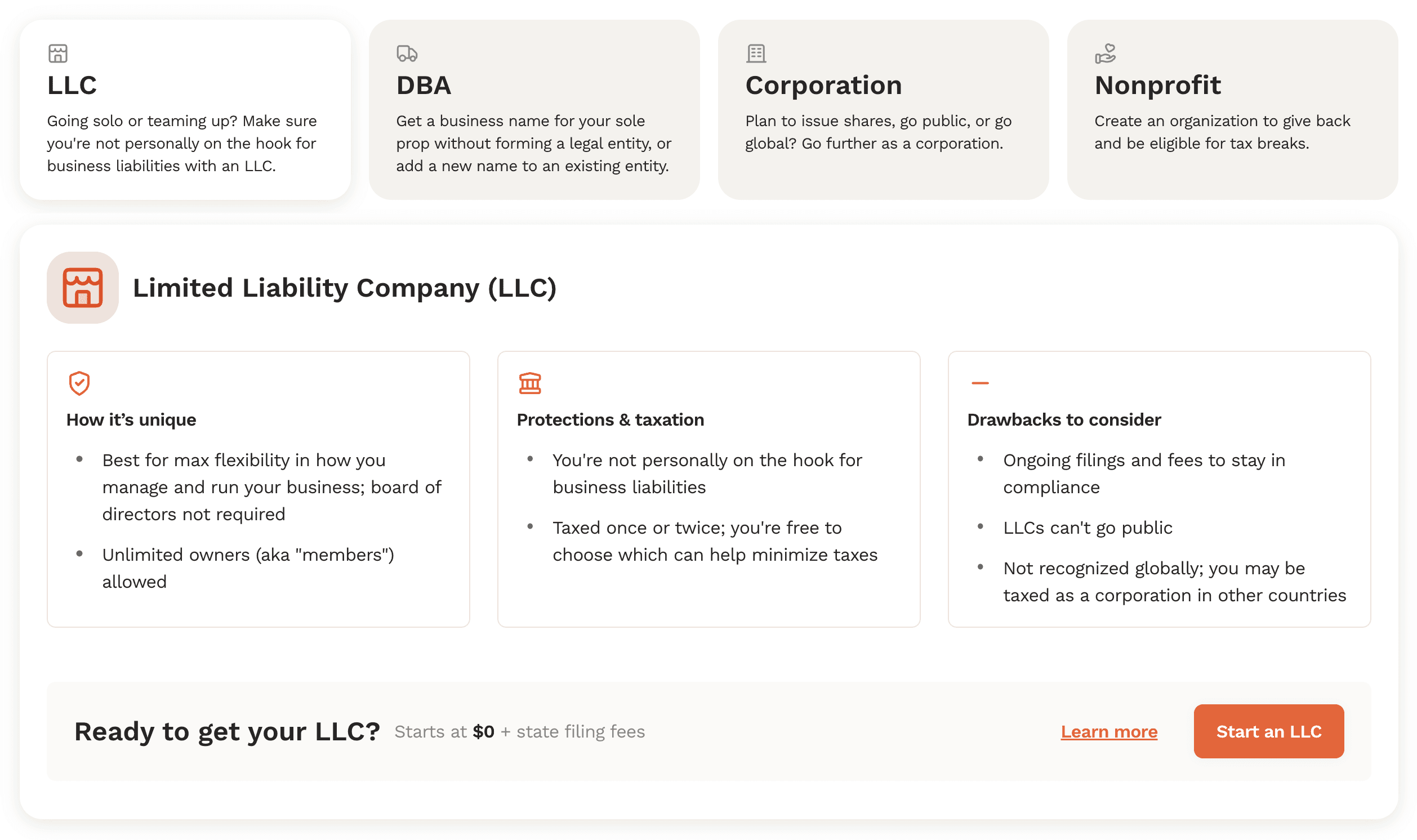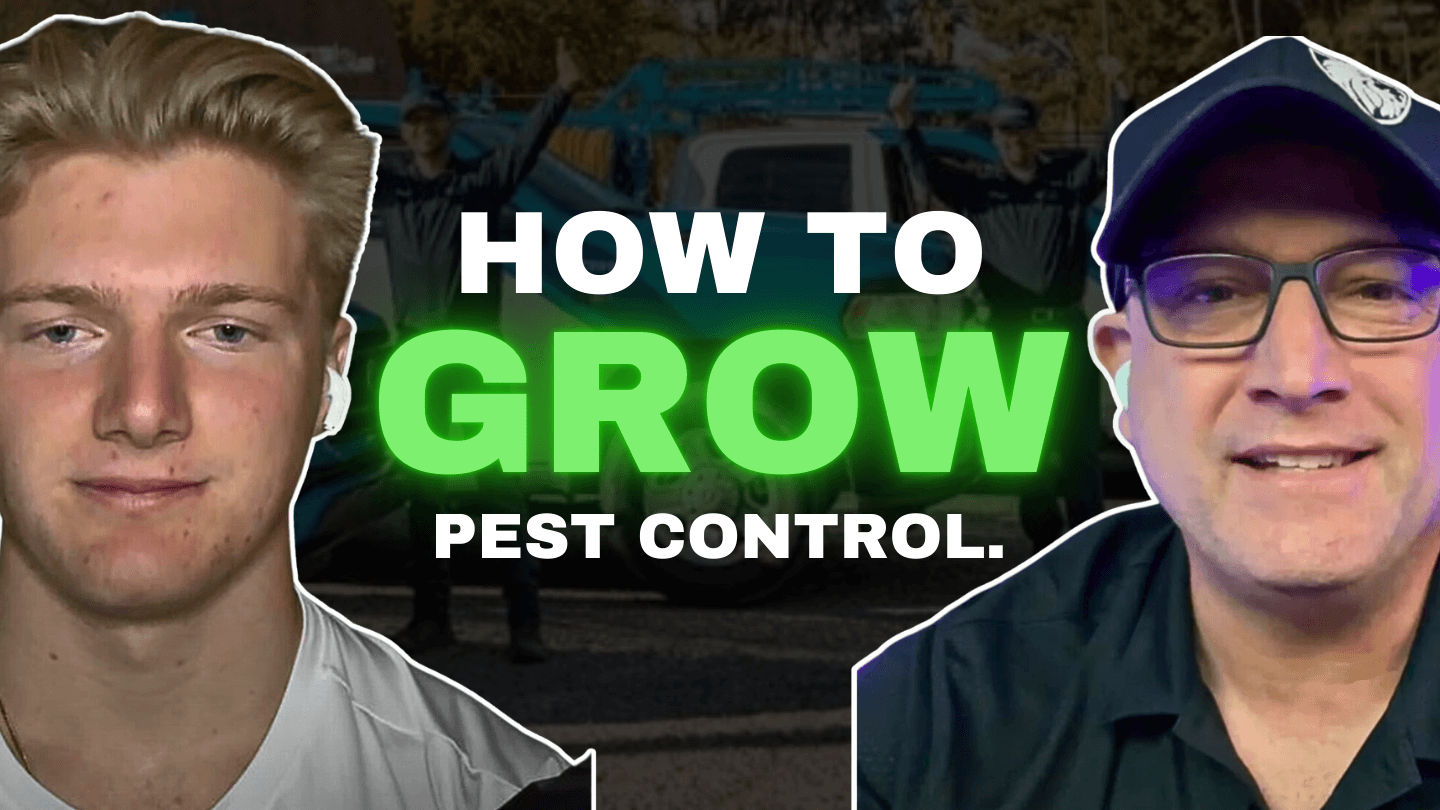Informational
How To Start a Pest Control Business The Right Way
Danny Leibrandt
May 20, 2024
Starting a pest control business can be both a profitable and rewarding endeavor. With the right preparation, strategy, and dedication, you can build a thriving business that helps homeowners and businesses keep their spaces pest-free. Here’s a step-by-step guide on how to start a pest control business the right way.
1. Research the Pest Control Industry
Before jumping in, it’s crucial to understand the market and what you’ll be getting into. A deep understanding of the industry will give you a competitive edge.
Market Analysis: Identify your target market, including both residential and commercial clients. Research the pest control services currently offered in your area and analyze the demand.
Niche Opportunities: Consider specializing in a niche like eco-friendly pest control or commercial pest control for a specific industry. Specialization can help you stand out in a crowded market.
2. Create a Business Plan
A solid business plan will guide your company’s growth and ensure that you have a clear vision for the future. Your business plan should include:
Mission and Goals: Define what your pest control business aims to accomplish and set both short-term and long-term goals.
Services: Outline the pest control services you’ll offer, such as termite control, rodent management, or bed bug treatment.
Budget: Calculate the costs of starting and running your business, including equipment, licensing, insurance, and marketing.
Market Strategy: Plan how you’ll reach your target audience, including digital marketing, local SEO, and advertising.
3. Get Licensed and Certified
The pest control industry is highly regulated, so it’s important to obtain the necessary licenses and certifications before starting your business.
State and Local Requirements: Research the pest control licensing requirements in your state. Most states require pest control technicians to pass an exam and meet experience requirements.
Certification Programs: Consider obtaining additional certifications, such as from the National Pest Management Association (NPMA), to enhance your credibility and expertise.
Insurance: Invest in the necessary insurance, including general liability insurance and worker’s compensation, to protect your business and employees.
4. Purchase Equipment and Supplies
You’ll need professional-grade pest control equipment and products to effectively service clients. Here’s what to consider:
Basic Equipment: Invest in sprayers, dusters, bait stations, and protective gear such as gloves, goggles, and masks.
Vehicle: A reliable, branded service vehicle is essential for transporting your equipment and showcasing your business.
Eco-Friendly Options: Many customers prefer environmentally friendly pest control solutions, so consider including organic or green pest control products in your service offerings.
5. Set Pricing and Service Packages
Pricing your services competitively is key to attracting customers while ensuring profitability. Consider these strategies:
Competitive Analysis: Research what other pest control companies in your area charge for similar services.
Service Packages: Offer a variety of service plans, such as one-time treatments, monthly or quarterly maintenance plans, and specialized services for specific pests.
Bundle Discounts: Attract long-term customers by offering discounts for bundled services or annual contracts.
6. Develop a Marketing Strategy
Your marketing strategy will play a major role in attracting clients to your new pest control business. Here’s how to build a strong presence:
Build a Professional Website: A well-designed, SEO-optimized website is a must. Make sure it includes service pages, a contact form, and customer reviews.
Local SEO: Focus on optimizing your website for local searches like “pest control in [city].” This will help you rank higher on Google and attract more local customers.
Google Business Profile: Claim your Google Business Profile and ensure it’s complete with your business name, address, phone number, hours, and photos. This will boost your visibility in local search results.
Paid Ads: Consider using Google Ads or Facebook Ads to reach potential customers in your service area.
7. Focus on Customer Service
Outstanding customer service is the backbone of any successful pest control business. Happy customers will not only return but will also recommend your business to others.
Prompt Communication: Respond to inquiries quickly, whether by phone, email, or through your website.
Professionalism: Ensure your team presents themselves professionally, both in appearance and in how they interact with clients.
Follow-Up Services: Offer follow-up visits or maintenance plans to keep pests under control and customers satisfied.
8. Build Relationships and Get Referrals
Word-of-mouth and referrals are extremely valuable in the pest control industry. Building strong relationships with customers and local businesses can drive your business growth.
Referral Programs: Encourage satisfied customers to refer others by offering discounts or incentives.
Partnerships with Local Businesses: Network with local realtors, property managers, and contractors to create mutually beneficial referral relationships.
9. Manage Your Business Efficiently
As your business grows, efficient management will become critical. Consider using software to streamline operations and stay organized.
Customer Relationship Management (CRM) Software: Use a CRM system to manage appointments, customer details, and service reminders.
Invoicing and Payments: Invest in invoicing software that can handle billing, payments, and financial tracking.
10. Continue Learning and Expanding
The pest control industry evolves with new regulations, technologies, and techniques. Keep up with industry changes and continuously improve your offerings.
Ongoing Training: Stay informed about new pests, treatment methods, and regulations by attending industry conferences and completing continuing education courses.
Expand Your Service Area: As your business grows, consider expanding into nearby towns or cities to reach new customers.
Conclusion
Starting a pest control business the right way requires careful planning, compliance with regulations, and a strong marketing strategy. By following these steps, you’ll be well on your way to building a successful pest control company that delivers excellent service and continues to grow.


